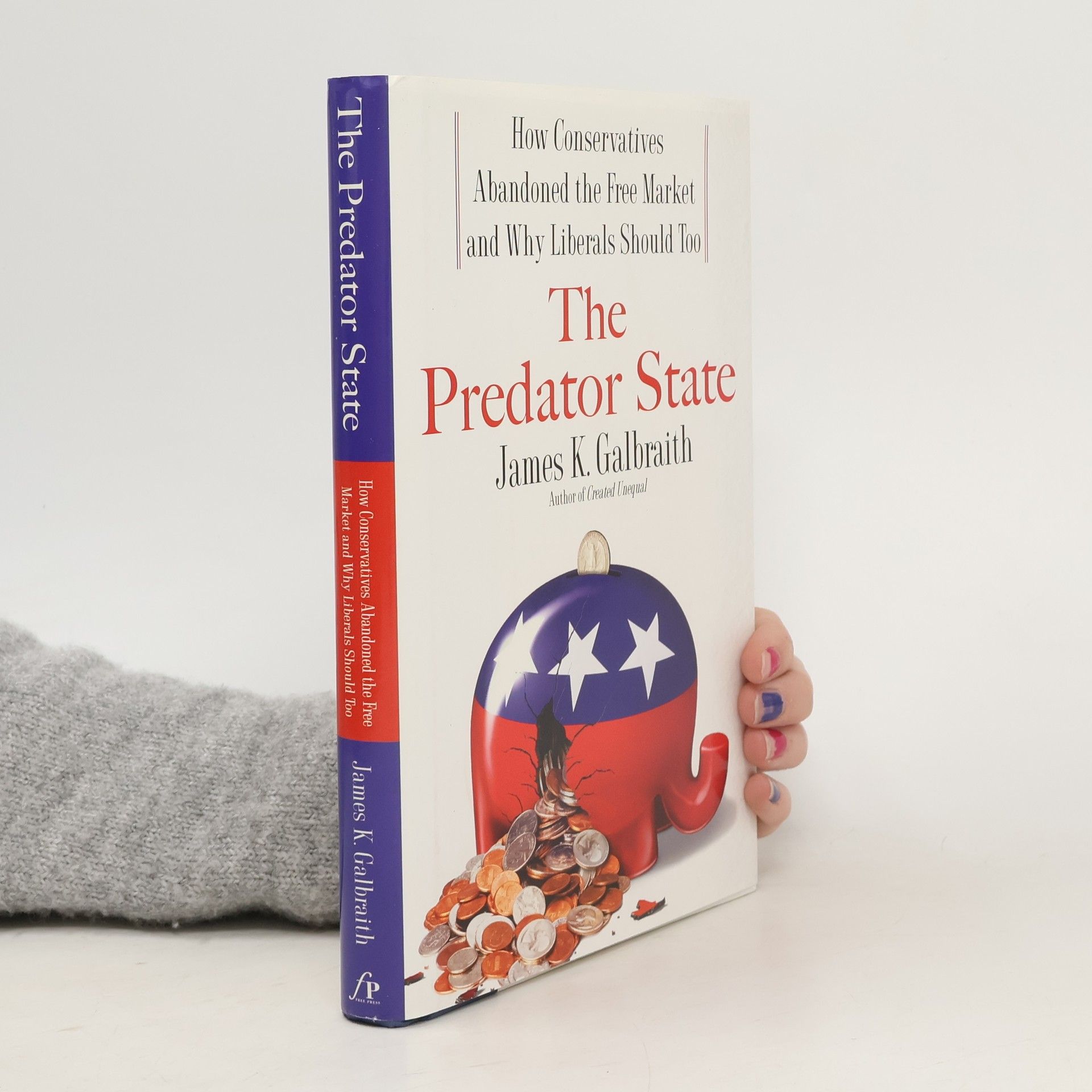Wachstum neu denken
Was die Wirtschaft aus den Krisen lernen muss
Seit Ausbruch der Finanzkrise 2008 streiten zwei ökonomische Denkschulen, zuletzt im Fall Griechenlands, über die »richtige« Lösung: sparen oder investieren? Beide Ansätze, so James K. Galbraith, sind falsch, denn beide basieren auf der Annahme einer Normalität aus Wachstum und Vollbeschäftigung, in welcher Krisen nur eine temporäre Ausnahme darstellen. In seinem aktuellen Buch setzt der renommierte US-amerikanische Wirtschaftsprofessor die jüngste Finanz- und Schuldenkrise in einen größeren zeitlichen Rahmen – vom Nachkriegsboom über die Dotcom-Blase bis hin zum Immobiliencrash – und zeigt, dass der Wachstumsglaube de facto ein historischer Irrtum ist. Schon längst sind die Ausnahmen die eigentliche Regel. Es ist endgültig an der Zeit, umzudenken, denn eine Rückkehr zur Normalität wird es nicht geben. Wechselhafte und instabile Energiepreise, eine zunehmend unsichere globale Sicherheitslage, der technologische Wandel im Zuge der Digitalisierung und vor allem die Betriebsstörung im internationalen Finanzsystem sorgen für dauerhaft turbulente Verhältnisse. Die globale Wirtschaft und mit ihr die Politik sollten sich auf diese Verhältnisse einstellen und lernen, ihnen klug zu begegnen.



